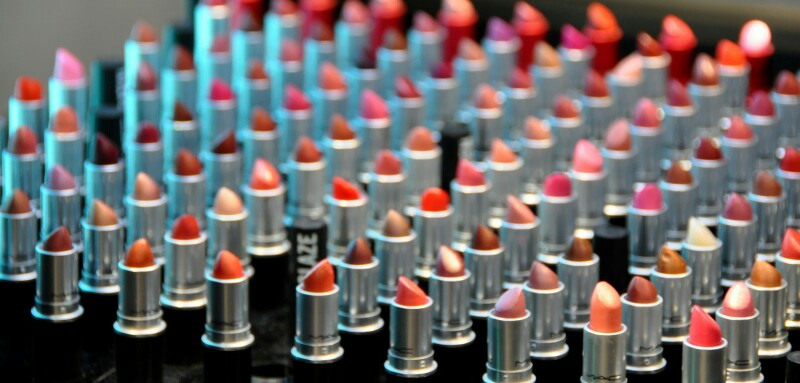Cosmetics is an industry considered to be driven by women. It’s no surprise then that a number of Kenyan women have ventured into cosmetics business to solve gaps they have experienced first hand.
Many of these women entrepreneurs have been wise enough to seek opportunities beyond retail of cosmetic products and do make them themselves. This is in line with the push for pursuance of value addition among entrepreneurs in Kenya as a way to better grow the economy.
So what are some of these cosmetics business opportunities in Kenya, and what are some of the things you should know about them?
1. Child and babycare products
Variety of cosmetics products to be used in child and babycare continues to grow beside lotions and soaps. Like everything in this industry, the driver is the changing lifestyles of women in Kenya. The great thing about this segment is that mothers are willing to pay premium prices (the best kind of price) for products they believe are safe and of the highest quality due sensitivity of children. It’s not like you would be able to escape these requirements, though, as babycare products are on a tight leash by regulatory authorities in Kenya.
THIITU KAREGA INTERVIEW: COSMETICS ENTREPRENEUR BEHIND BINTI NATURALS
2. Color cosmetics
This segment includes face products, eye makeup products, lip and nail products as well. According to Euromonitor International, color cosmetics in Kenya was worth sh.5.4 billion in 2016 and will rise to sh.6.6 billion by 2018. Too bad the bigger share of this value, 60%, goes to foreign businesses through their production in here or distribution to retailers in Kenya. As cosmetics continue to take up increasing shares of women spending, this will remain an attractive venture for you to consider.
PAM INTERVIEW: COSMETICS ENTREPRENEUR BEHIND PAM NAIL POLISH
3. Skin and hair care products
These two are the largest segments in cosmetics industry. Combined, they take up over two-thirds of the value of sales in the industry. One reason they are this big is that they have a growing market amongst men as well. In fact there are several markets you can target for this kind of product; including age, income, skin type, among others. There is a trend, in Kenya, for skin and hair products with claims of being ‘natural’ and afrocentric in focus.
READ: 6 OPPORTUNITIES IN KENYA’S RETAIL INDUSTRY IN 2018
4. Raw materials manufacture
Cosmetics manufacturers are disadvantaged by the need to import almost the entire assortment of raw materials used in production of these products. Some include, preservatives, plant extracts, colorants and fragrance. One reason is because there are not enough people with expertise in their production, despite consistency in types of raw materials used. This is changing, with a number of platforms now available in Kenya to learn about making cosmetic products.
5. Packaging and labelling
Entrepreneurs entering this sector will initially do so at small scale, unless they have capital investment to bypass that kind of organic growth. You can always move higher up the value chain and be involved in the products market. Another way to do this, apart from raw materials, is by selling packaging containers and labelling services. Not only are there regulatory requirements on such but it is becoming a key point in differentiation when it comes to marketing.

